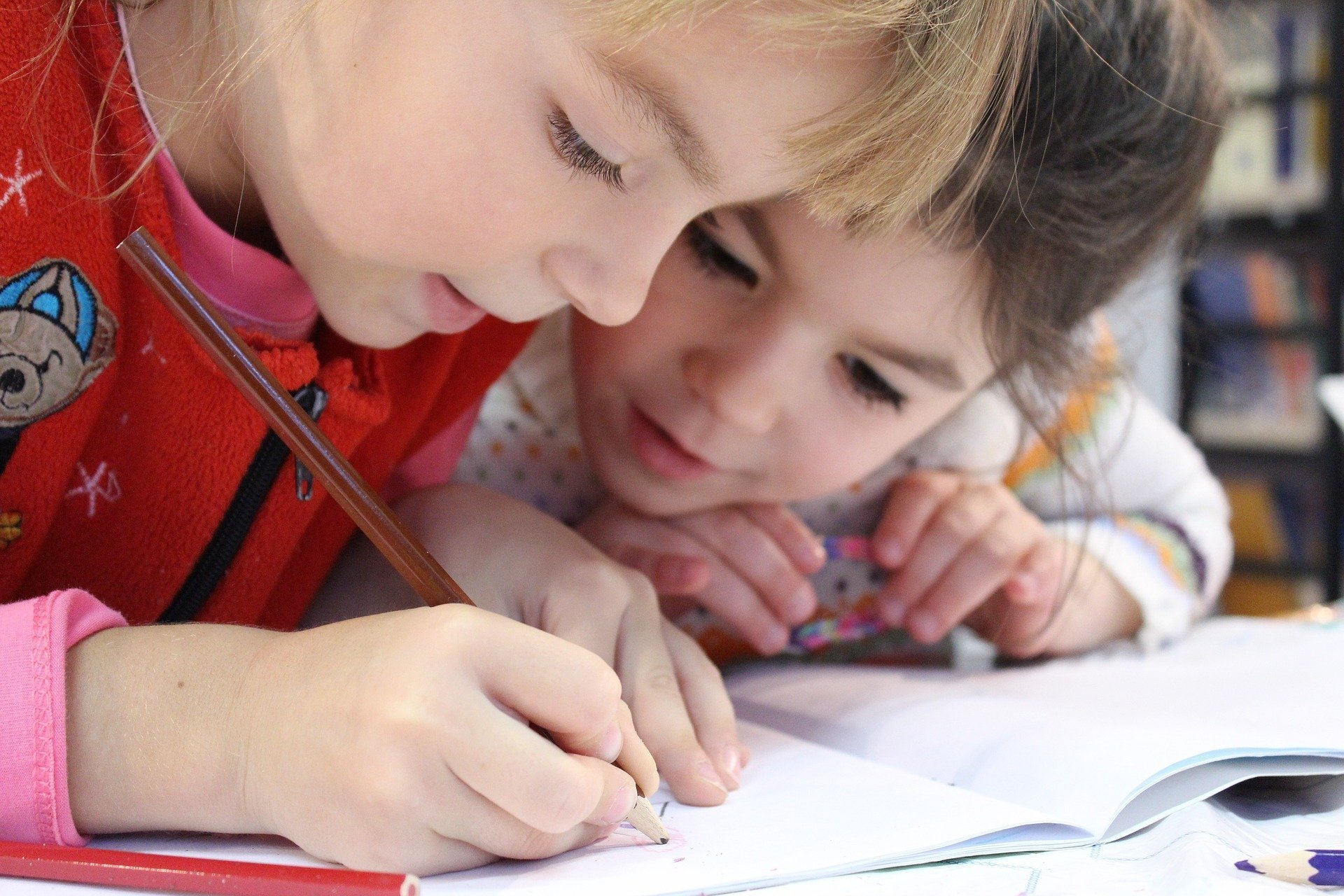If you’ve ever traveled in France, you might have noticed that les enfants français appear a bit more well-behaved than American kids. French parents and teachers tend to be more strict with kids, whereas many Americans have a hard time saying “No” to their little adorable faces. But is one of these two parenting styles “better”?
Well, according to many best-selling American parenting guides (like Bringing Up Bébé: One American Mother Discovers the Wisdom of French Parenting), les parents français have mastered the art of childrearing. However, if you peruse a few French articles about raising kids, you’ll see that many French parents think that Americans are better at playing with their children and being kind to them.
We think that both the American and French systems have their merits, which is why we’ve compiled this list to give you a sense of the differences between raising your kids in France versus the US.
By Sophia Millman
1. French vs American Mealtimes
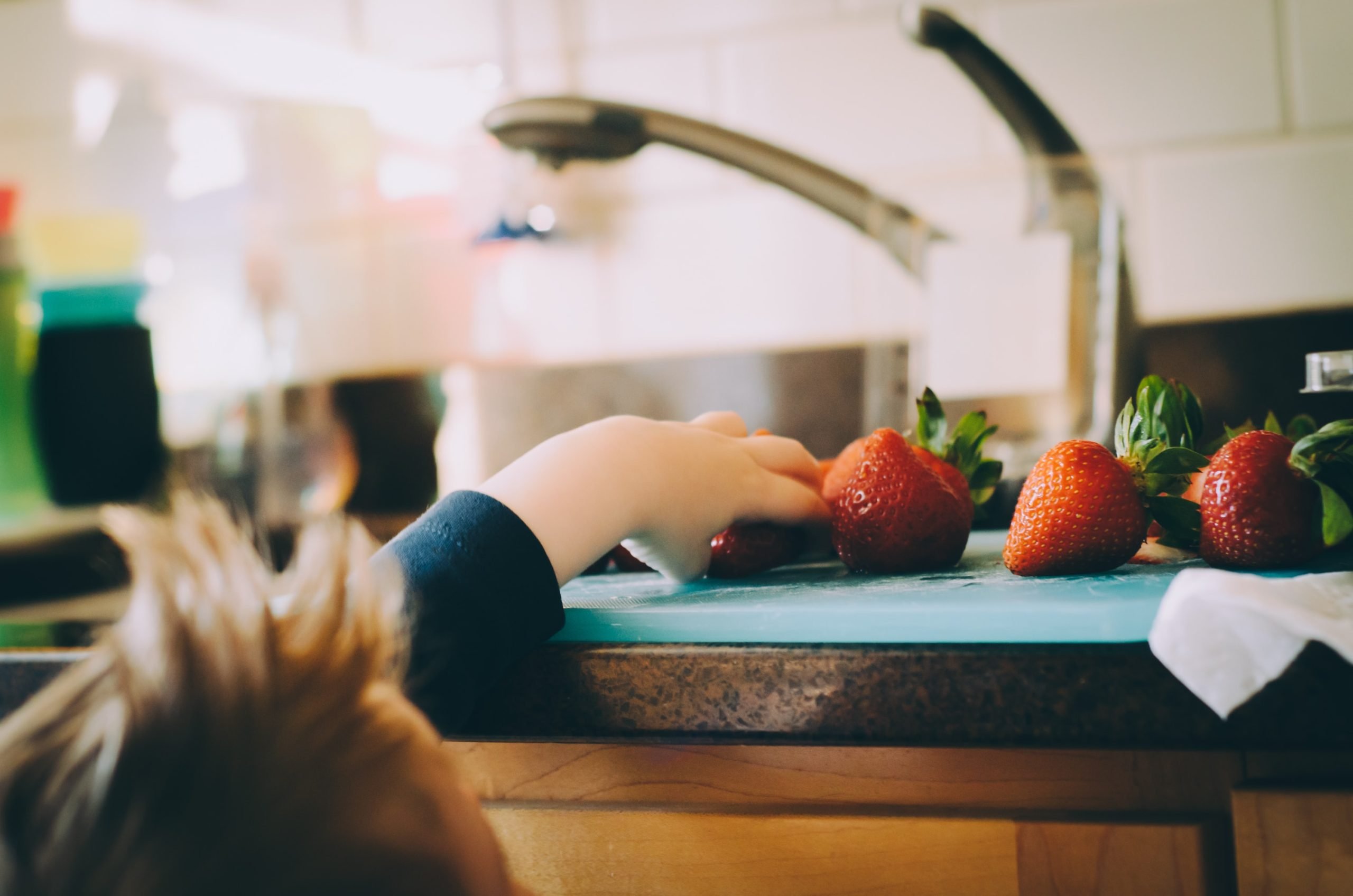
The typical schedule for feeding young children in the US goes something like this: 7:30 a.m. breakfast, 10:00 a.m. snack, 12 p.m. lunch, 3 p.m. snack, 6 p.m. dinner. French parents do not follow this schedule at all! While French kids are used to le goûter (a light afternoon snack) at 4pm, in general they only eat three big meals: breakfast, lunch and dinner. And snacking isn’t the only difference! Because the French eat dinner later than Americans, they’re more likely to make dinner for their kids at 7:30 or 8 p.m. Moreover, French kids start eating “grown up” food by the time they’re 5 or 6 and will usually stay at the table while their parents eat, rather than having a separate meal before their parents’ dinner.
2. Outside Support in France vs the US
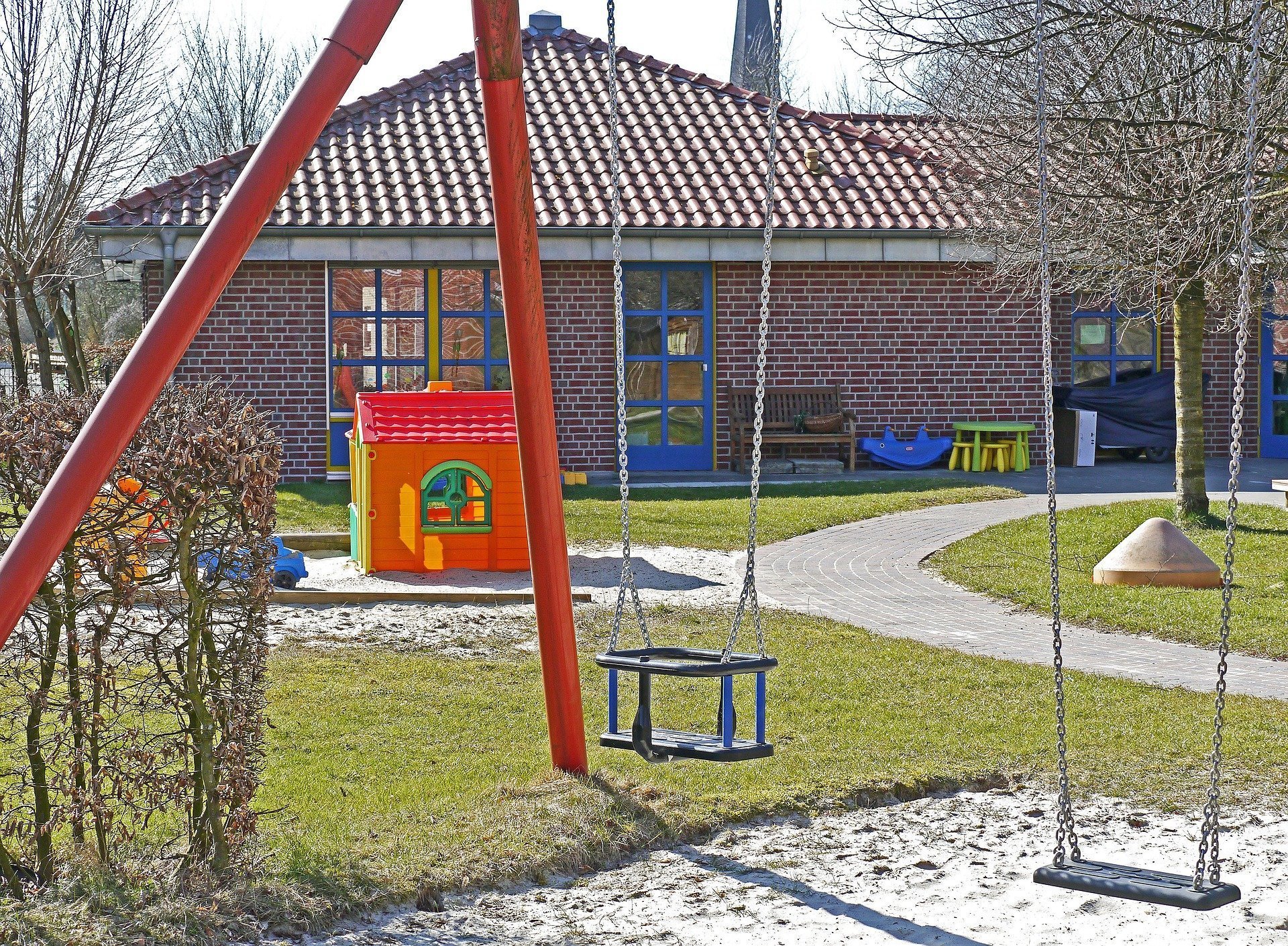
The French childcare system is pretty awesome. In France, you can send your kids to la crèche for relatively little money (compared to the US) as soon as they are two months old. So, if you need to get back to work, you can! It should be noted, though, that the spaces in la crèche fill up very quickly and so it can be quite competitive to find a spot for your child. French teachers who work at la crèche and l’école maternelle (preschool) are required to have college degrees in most cases, which means that there is a lot more respect for these workers than there is for daycare workers in the US.
As any American parent knows, finding inexpensive child care is impossible in the US, which puts a lot more pressure on American parents. Also, American parents tend to feel like they have to do everything themselves, whereas French parents feel more comfortable asking members of their extended family to help out if need be.
3. Patience vs Discipline
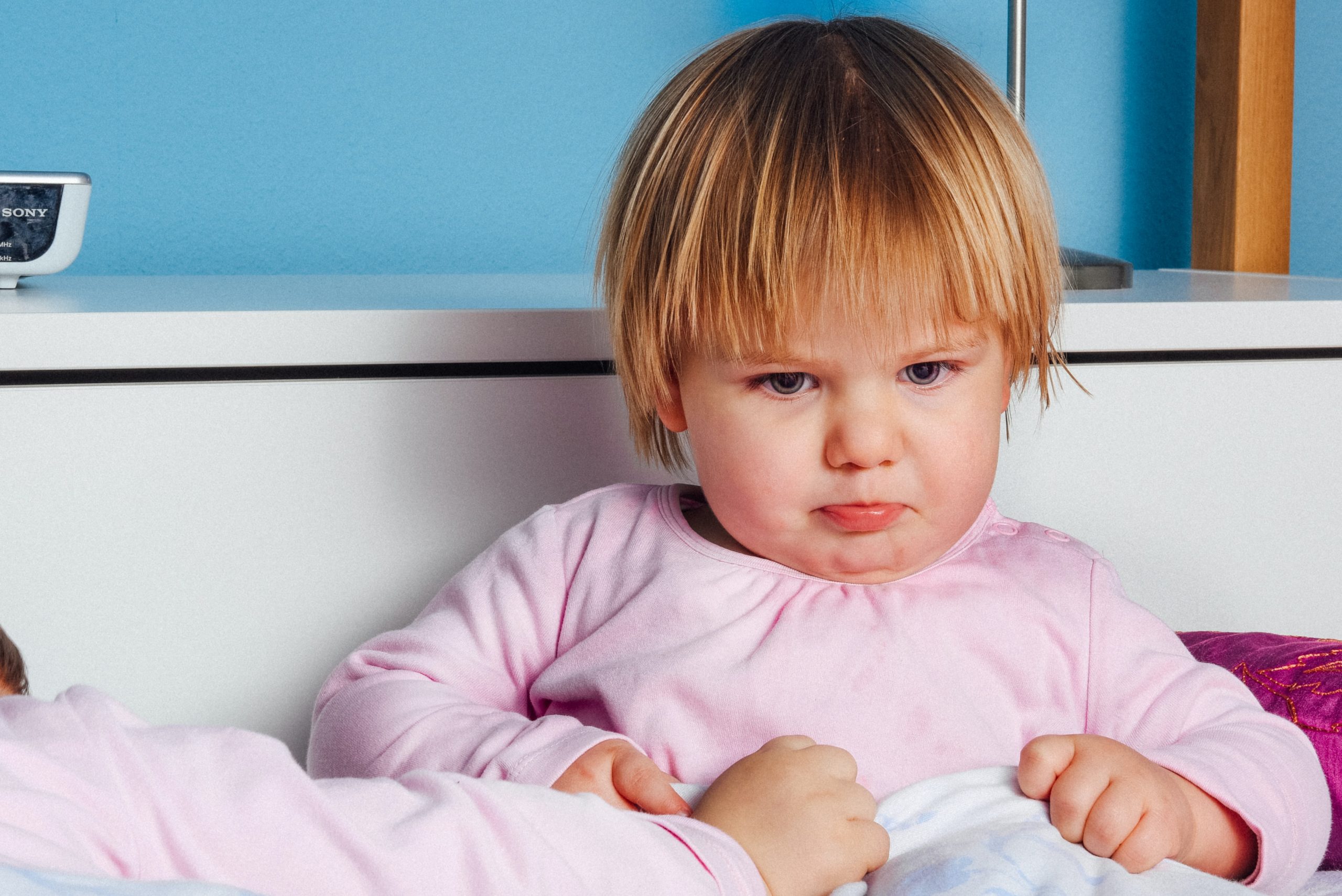
In general, Americans are more tolerant of their kids’ tantrums and need for attention. Read any blog by a French mom or dad living in the US, and you’ll see that they are amazed at how zen Americans are when their kids are around. French parents and teachers are quicker to punish children for misbehavior. Moreover, they can be very critical of children’s work, whereas Americans tend to reward kids and encourage their creativity.
In France to say that a kid is “misbehaved”, we say “mal élevé” (“badly raised”). If a child doesn’t behave well in France, it’s taken for granted that it’s his or her parent’s fault. In France, parents are responsible for teaching their kids to be respectful of others and of adults’ time and space.
4. American Manners vs French Etiquette
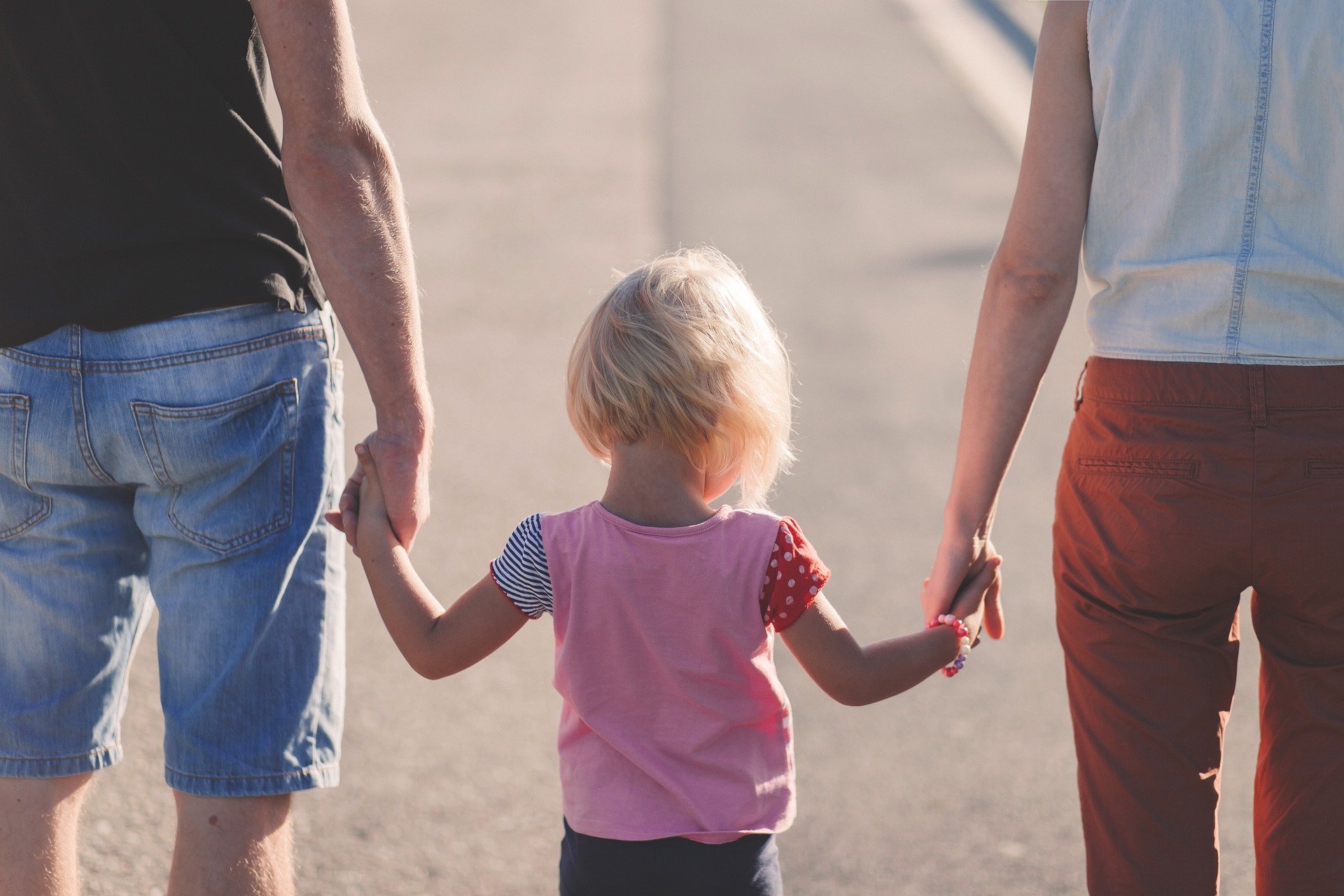
If you’ve been studying French for a while, you’ve most likely learned that when you go up to a French person in the street to ask for directions, you always have to say, “Bonjour” to them before asking your question. This “rule” is something that French parents are always enforcing. In France, you’ll hear parents in stores say to their kids, “Dis bonjour à la dame !” (“Say hello to the lady!”) or “Dis merci !”.
While some Americans ask their kids to say thank you, in the US, social etiquette for children isn’t as important. While American kids know that they’re not supposed to interrupt their parents or talk in class, they also know that they can get away with these things. In France, kids are better-behaved because they know that they’ll be severely reprimanded for rude behavior.
5. Parental Leave in France and the US
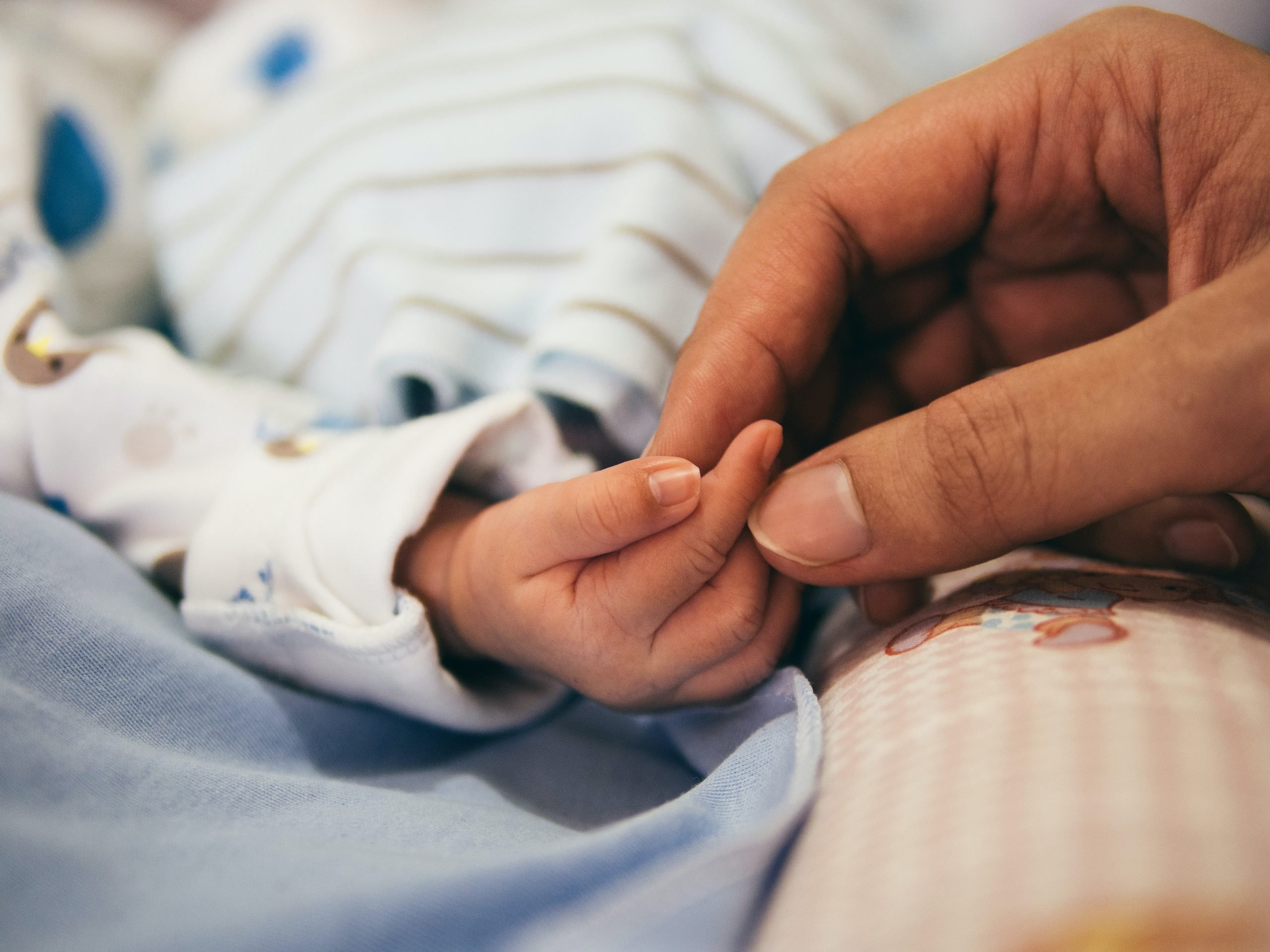
As you probably know, the US has the least generous parental leave policy in the list of the world’s richest countries. Neither mothers nor fathers are guaranteed paid leave, whereas in France maternity leave lasts at least 16 weeks (see this chart). Paternity leave, which used to last 11 days, has just been doubled! (Read about the new congé paternité here.) Speaking of paternity leave, you should check out the latest episode of one of our favorite podcasts, Les Couilles sur la table. Listen to “Congé paternité, le miracle ?” here!
6. To be or not to be a helicopter parent
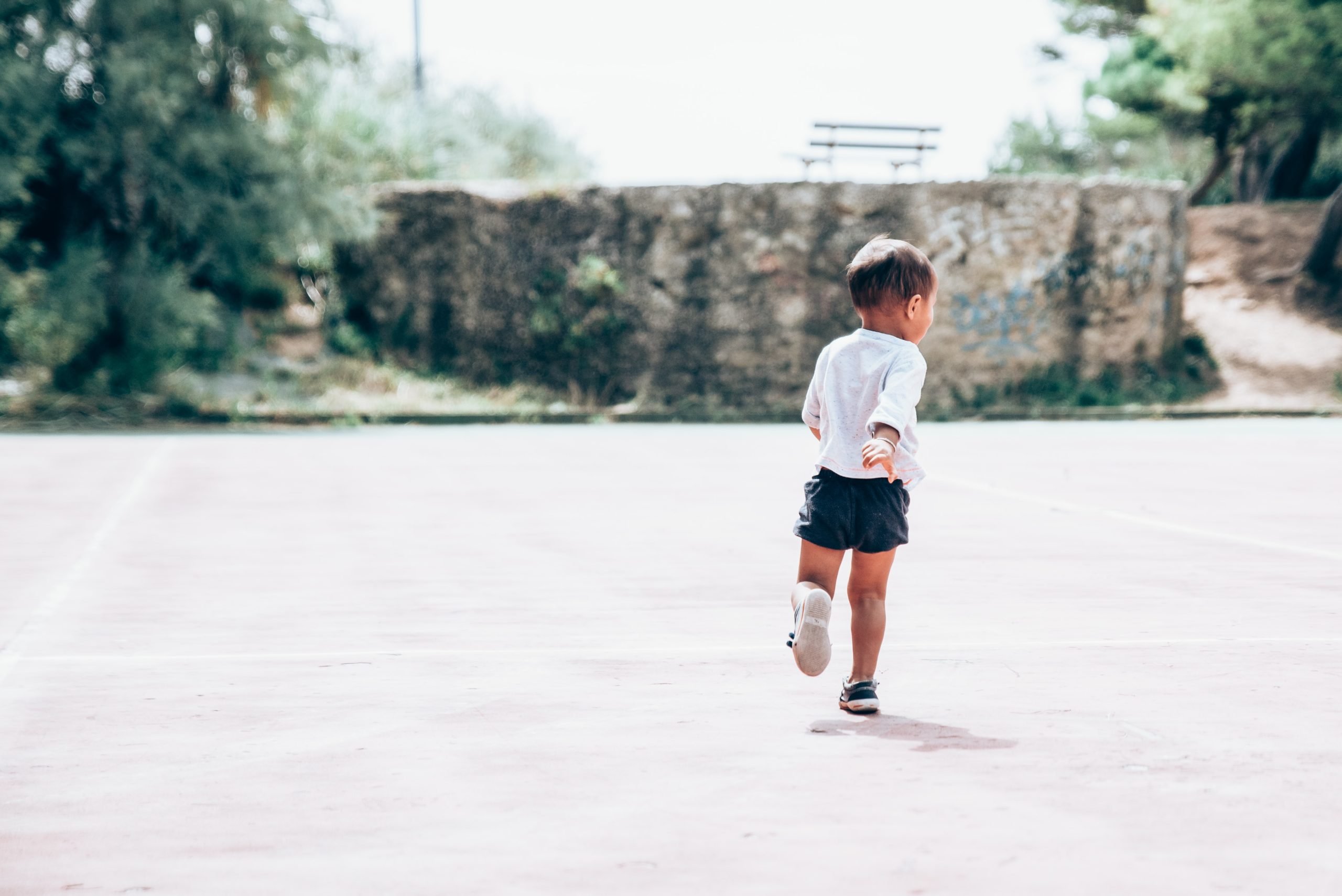
You’ve probably heard that French parents are more laid back than American parents when it comes to extracurricular activities and this is generally true. Because college (and healthcare and housing…) cost so much in the US, American parents start their kids on Baby Einstein programs and all sorts of activities at a young age, in hopes that their children will be more successful at school and in their future careers.
The problem is, of course, that this puts a huge amount of pressure on American children and their parents. As this excellent Atlantic article explains, “Several important components of being a happy, relaxed parent have nothing to do with parents’ behavior, but depend on the support system in place where they live—something American parents can’t emulate.” So, if you’re an American parent who feels intimidated by French or European parenting standards, cut yourself some slack. This 2020 BBC article explains that the tables have recently turned: now European parents are trying to adopt the intensive American parenting model!
French Resources about Parenting and Education
Books:
- Pamela Druckerman’s books: Best selling books about French parenting philosophies and tips for raising your kids à la française.
- Chanson Douce: Not for the faint of heart. This excellent French page-turner was recently made into a movie and is based on the true story of a NYC nanny.
Films:
- Etre et Avoir: An amazing French documentary about a primary school that will give you insight into the French education system.
- La Famille Bélier: A very heartwarming film about a deaf family.
- Pupille: A critically-acclaimed 2018 film about adoption and child welfare in France.
Podcasts:
- Entre: In the first season of this podcast, Justine, a precocious 11-year-old, describes her day-to-day life. In the second season, a stepmother interviews her two children. Adorable and heartbreaking!
- Bliss-stories: A French podcast all about motherhood.
- La Matrescence: Another excellent podcast about becoming a parent.
- Histoires de Darons: “Darons” is slang for “parents” (the ‘rents) in French. This podcast is great for dads.
